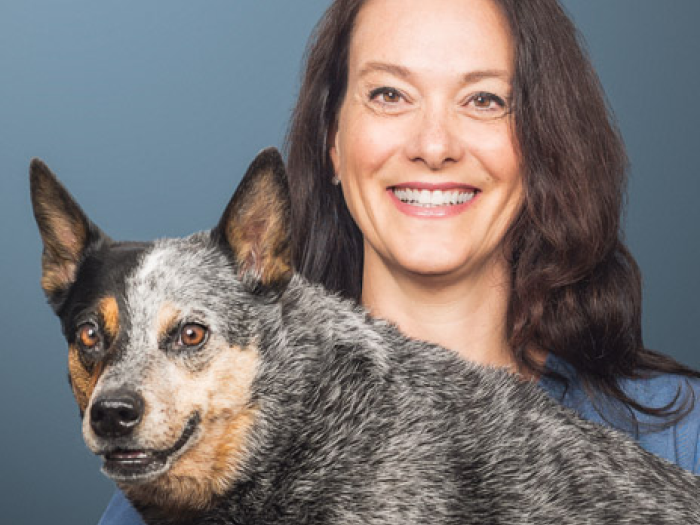A veterinary medical oncologist is a veterinarian in the specialty of internal medicine that deals with the diagnosis and management of the cancer patient. This specialty completing a 3 year residency in Oncology, publishing at least one paper (usually more) in a flagship journal of Oncology and successfully sitting qualifying examinations in internal medicine and certifying examinations in Oncology.
A veterinary medical oncologist and his/her team members are usually the individuals that manage the care of a pet with cancer, whether this is by discussing the diagnostic tests needed to make an accurate diagnosis, formulating a plan for therapy or coordinating specialized procedures indicated for treating specific cancers.
Having knowledge, experience and expertise in pain management, chemotherapy drugs, potential side effects of therapy, novel therapies and diagnostic strategies, as well as issues of the heart, the Oncology team can make recommendations that are both current and in the best interest of the pet. Consultation with other board certified specialists such as Radiologists, Radiation Oncologists and Surgeons is invaluable in the successful management of pets with cancer.
The Oncology Service staff includes; Dr Victoria Larson, B.Sc., DVM, MS, Diplomate of the American College of Veterinary Internal Medicine in Oncology and Anika Nielsen, AHT, Oncology nurse. Emergency coverage by our emergency service is offered after hours, holidays and on the weekends.
We are dedicated to practicing state of the art medicine and providing excellent service to our clients and their pets. We aim to achieve the best possible quality of life and to respectfully acknowledge the deep bond between people and their pets.


